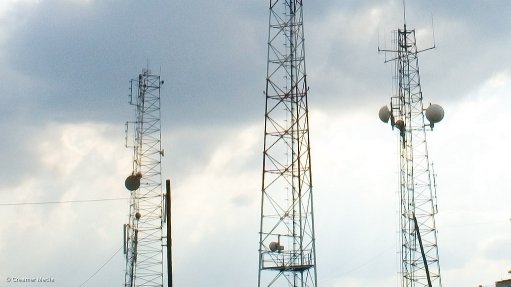
Photo by: Duane Daws
Africa has started leapfrogging technology as some countries take connectivity to the next level by deploying fourth-generation (4G) technologies, as opposed to following the traditional step-up sequence of technology roll-outs.
Some operators were discussing ways of moving from the dominant second-generation (2G) technology straight to 4G in an effort to ensure affordable broadband in the shortest timeframe.
This was the view of Nokia Networks head of marketing and communications for the Middle East and Africa Adnan Kureshy, who pointed out that there were signs that many countries within Africa were skipping a technology step.
Earlier reports suggested that 75% of mobile subscriptions in sub-Saharan Africa would be on third-generation and 4G networks by 2019, covering 40% of the population. Angola, Nigeria and South Africa would boast the most subscriptions on long-term evolution networks in Africa between 2013 and 2019.
Meanwhile, speaking to Engineering News Online on the sidelines of the AfricaCom conference, in Cape Town, Kureshy cited Rwanda’s successful deployment of an affordable 4G network.
Earlier this year, newswire Reuters reported that Ghana became the sixth nation in sub-Saharan Africa to get the high-speed service when Surfline Communications, in conjunction with Alcatel-Lucent, launched its first 4G data network.
Kureshy explained that broadband was increasingly seen as a utility boasting several economic benefits and governments across the continent were examining the potential of public–private partnerships to establish superfast networks to leverage this.
The next-generation technology “plugs a gap” on a continent that has limited fixed-line communication networks, with 4G emerging as an attractive, cost-effective alternative providing the same quality as fibre.